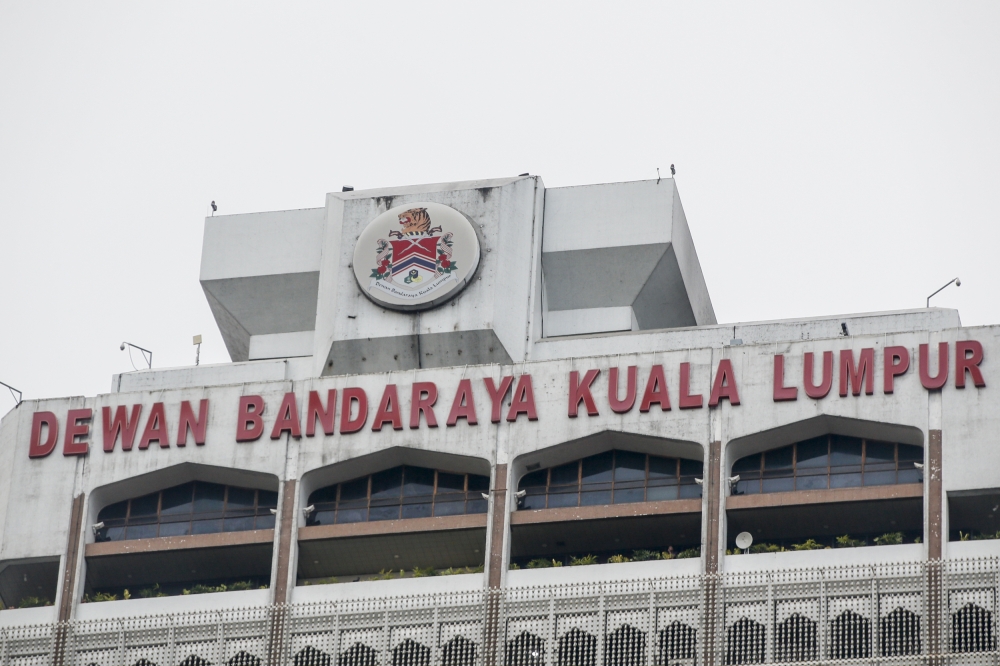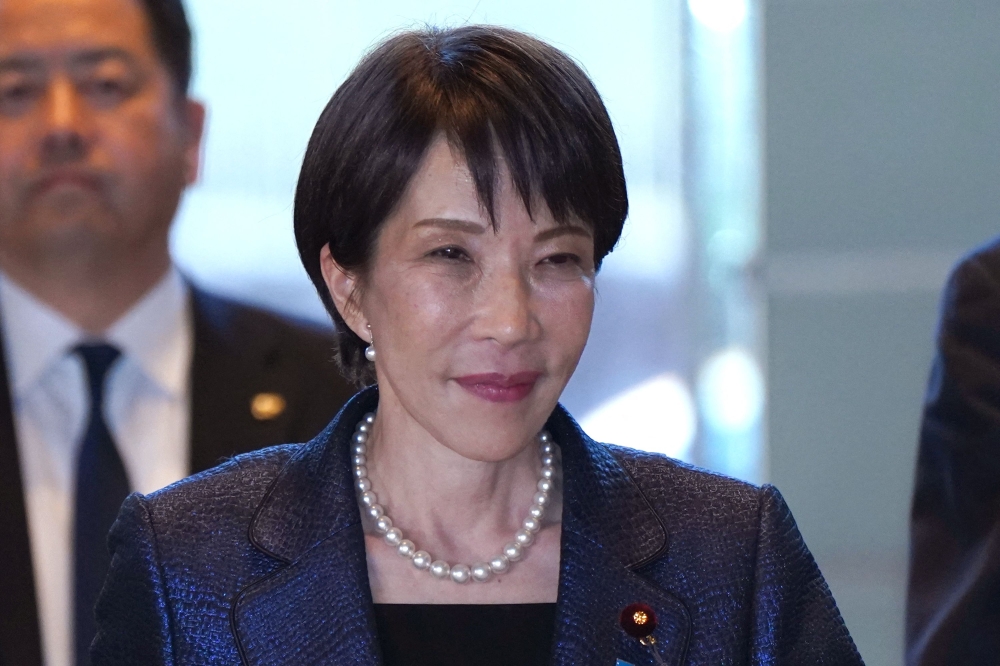KUALA LUMPUR, Oct 29 — The government said today it will impose a one-off special tax for “high-income” companies earning RM100 million and more, to increase funds for those affected by Covid-19.
Finance Minister Datuk Seri Tengku Zafrul Abdul Aziz said the tax which will be 24 per cent for the first RM100 million and 33 per cent for the rest above that, is to ensure that the public health system is more resilient in the face of any threats in the future.
“In the name of ‘Cukai Makmur’, companies with taxable income of RM100 million will be subject to income tax at the rate of 24 per cent, and the remaining taxable income will be subject to income tax at the rate of 33 per cent for the year estimated 2022,” he said during the tabling of Budget 2022 in Parliament today.
Tengku Zafrul also announced seven new steps to ensure the government will receive more funds and to enhance the taxation system.
The steps are increasing the stamp duty rate on contract notes from 0.1 per cent to 0.15 per cent while abolishing the stamp duty limit of RM200 per contract note. At the same time, listed stock trading brokerage activities are no longer subject to service tax;
Other steps include:
* Income tax is levied on residents of Malaysia on income derived from foreign sources and received in Malaysia from January 1, 2022;
* Sales tax is levied on low-value goods from abroad sold by online merchants and delivered to consumers in Malaysia via air courier services;
* Service tax is levied on delivery services provided by service providers including e-Commerce platforms except for food and beverage delivery services and logistics services;
* The Special Voluntary Recognition Programme of the Royal Malaysian Customs Department was introduced in phases with a penalty remission incentive of 100 per cent for the first phase and a remission penalty of 50 per cent for the second phase.
* Tax remission will also be considered for certain cases;
* The Inland Revenue Board of Malaysia Tax Compliance Certificate will be part of the prerequisites for companies to participate in government procurement from 1 January 2023; and
* The use of tax identification numbers (or TINs) will be implemented from 2022 to broaden the income tax base.


















